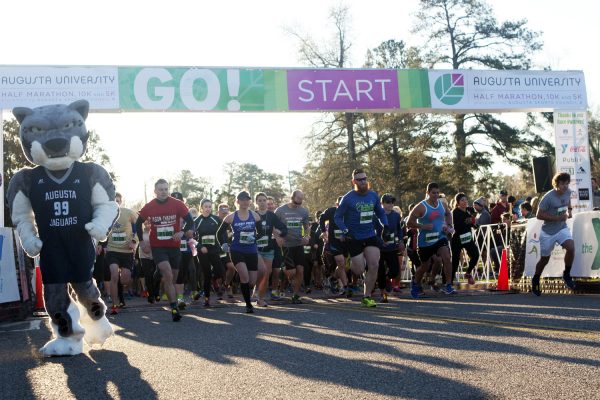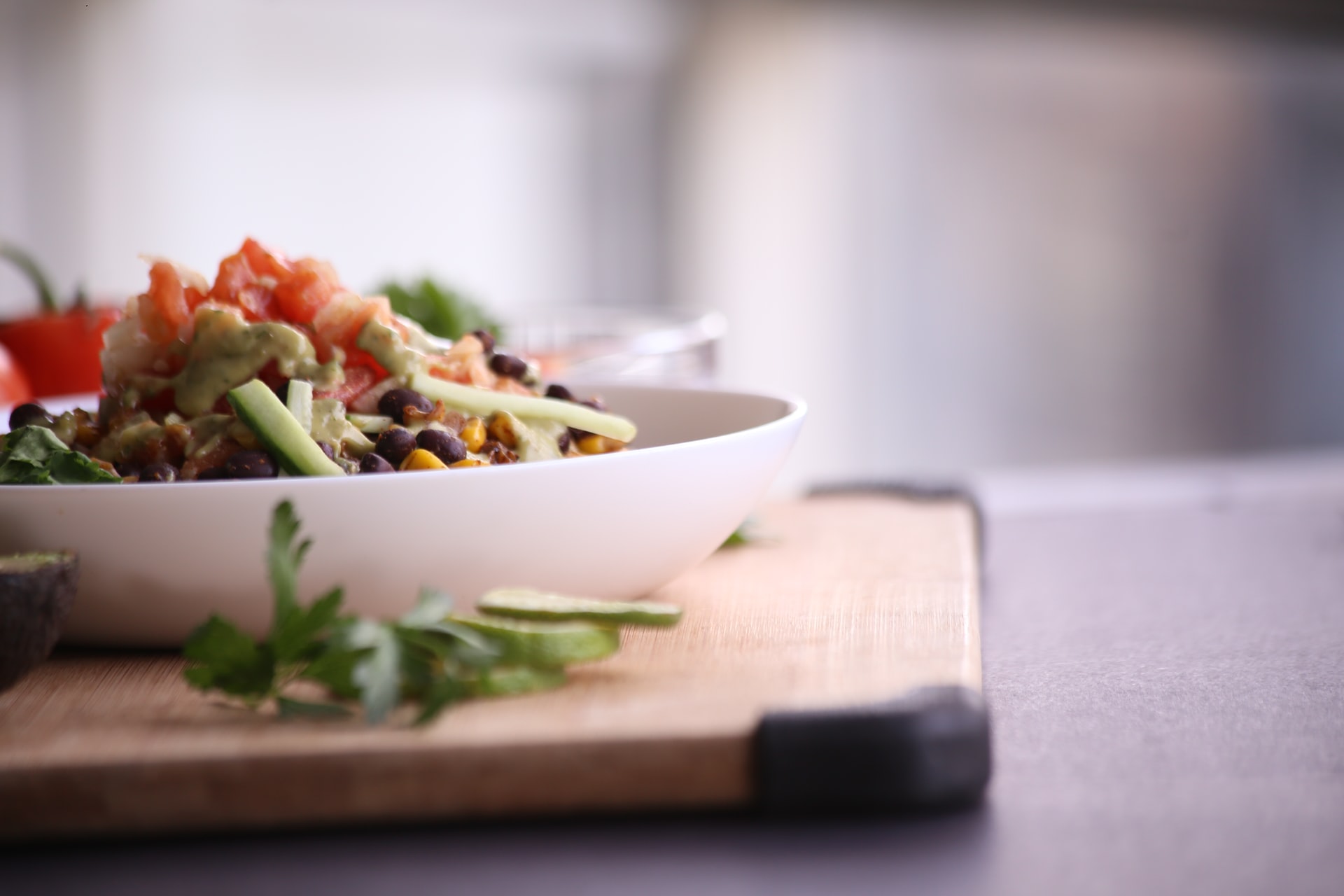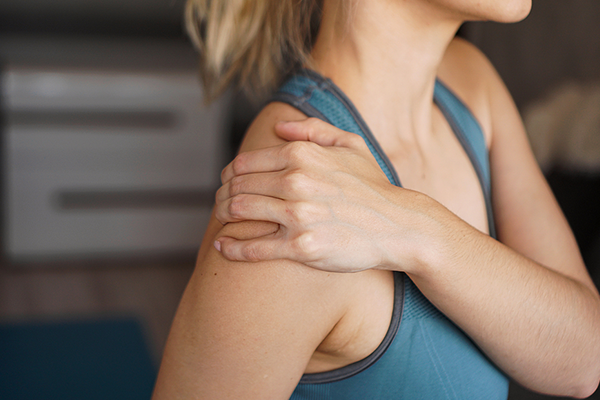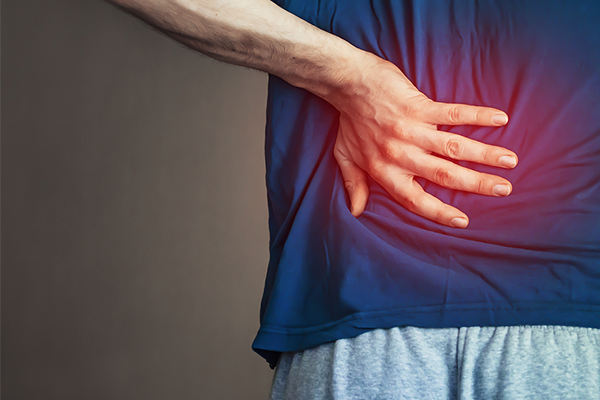The Augusta University Half Marathon, 10K and 5K races are only a week away. This event is going to be tons of fun and an awesome experience for all involved! Here are some helpful tips for race day to stay safe and maximize your awesomeness, from the Jaguar Sports Medicine and Orthopaedics Team.
Pre-race Readiness
Trust your training leading up to the race! The final weeks leading up to the event are your chance to experiment with the pace, clothing, nutrition and hydration. It’s generally not a good idea to try anything new on race day. This is especially true for the half marathon. To ensure that you have the most pleasant experience possible, practice makes perfect. Also, make sure that you are fully recovered the week leading up to the race. This isn’t the time to try to squeeze in a large volume of training. You want your legs completely rested, recovered and ready to go.
Clothing and Shoes
Wear clothes that you have already worn on a longer runs. This will allow you to ensure that there won’t be any problems with fit or comfort. Being stuck with uncomfortable clothing on race day will certainly destroy your positive vibes. Also, make sure to wear a high-quality pair of running shoes that are broken in and have been used for longer runs. When purchasing running shoes, the most important variable to consider is your intuition on the pair that feels the best—so make sure that you try multiple pairs. You should also use high-quality running socks for race day to reduce the risk of painful blisters. Knee high compression socks can assist with your recovery.
Hydration
You will want to hydrate well the morning of the race (some say to hydrate until your urine is a pale-yellow). Stop drinking at least 30 minutes before the start to reduce the number of bathroom breaks needed. During the race, a good rule of thumb is to drink only when thirsty. Do not over hydrate, or under hydrate. Drinking too much can upset the stomach and increase the risk for a dangerous condition called hyponatremia—low sodium concentration in the blood. Please note, it is a bad idea to consume alcohol the day prior to the race, as this will negatively impact your hydration status and therefore performance, safety and enjoyment of the event.
Nutrition
There are many ways to approach fueling for a half marathon. I recommend eating meals consisting of healthy whole foods with copious healthy fats several days prior to the race. In regards to carbohydrates, I would keep things relatively consistent with what you normally eat. Days prior to the race is not the time to significantly change your diet. For the breakfast of champions, try to eat at least 3 hours prior to the race to allow time to thoroughly digest. Include food that you commonly eat while keeping your portion size moderate.
During the half marathon, many runners like to use carbohydrate gels or small snacks to keep their blood sugars stable and avoid a hypoglycemic “bonk” during the race. If you plan on consuming food during the race, I strongly recommend that you practice this several times on longer runs. Again…don’t try anything new. Diarrhea will not enhance your 1/2 marathon experience. You will likely not benefit much from fueling during the shorter races.
Anti-inflammatory medications
It is a bad idea to take non-steroidal anti-inflammatory medications the day prior to, or during the day of the race. They can negatively impact blood flow to your kidneys and gut which will already be stressed from the strenuous activity involved. These medications can also increase your blood pressure, cause gastrointestinal problems and increase the risk of developing hyponatremia.
Skin
Chaffing and skin irritation commonly occur at various friction points throughout the body when running longer distances. The result is significant pain, discomfort and misery for the rest of your day. To combat this, I recommend that you apply an anti-chaffing gel (such as Body Glide or Vaseline) around every nook and cranny. Men…that includes your nipples as they can get so raw that they will bleed. This is not my definition of fun!
Pace yourself
Start slower than you think you can. Do not let the excitement of race day increase your pace early on, as you will surely pay the price later in the race. One good mental approach for the half marathon is to run the first 10 miles as though it’s “just another 10-mile run,” and the remainder as a 5K race. Save your energy for the end and you will enjoy passing folks in route to the finish line.
Post-Race Recovery
Once you cross the finish line, it is a good idea to not suddenly stop to rest, but instead, keep moving about for 30 minutes. This can include walking around to event grounds to allow your legs to gradually cool down. You should also hydrate post-race with fluid and electrolytes. I like unsweetened coconut water for this, but there are many more options to suit your taste. Now that you have appropriately cooled down and hydrated, it is time to do a gentle stretching session for about 5-10 minutes. And for the best part of the day…re-fuel with a tasty post-race celebratory meal. I wouldn’t skimp on the healthy carbs as some potatoes or a moderate amount of rice will aide in replenishing your muscles’ glycogen stores (i.e. energy!).
Last, but not least…Have fun and be awesome!
This is the most important thing to remember. Relax, take it all in, embrace the present moment and encourage your fellow runners while safely enjoying the totality of your experience. Let’s do this!
The Augusta University Half Marathon, 10K & 5K is hosted by the Augusta Sports Council and takes place during the last weekend of February. All courses are USATF certified. To register, visit augustahalf.org.
Augusta University Jaguar Sports Medicine is a leader in preventing and treating sports-related injuries for the athlete in all of us. Our focus is as much on prevention as it is treatment, whether you have a complex, multi-ligament knee injury or a simple sprain or strain. Make an appointment by visiting augustahealth.org/sports-medicine or call (706) 721-2741.
The Augusta University Ortho On-Demand clinic also provides walk-in care treating those with sports, work and home-related injuries. Call 706-721-2741 for any questions or learn more at augustahealth.org/ondemand. No appointments or referrals required. Hours: Monday through Thursday 1 p.m. to 8 p.m. and Friday 1-4 p.m.





